We are building an application which uses heavy backend tasks (Task queues), And in each task - we are doing I/O in Google Cloud SQL.
As GAE have limitation for 12 concurrent connections (not sure whether this is issue? I saw at https://stackoverflow.com/a/26155819/687692)
""Each App Engine instance running in a Standard environment or using Standard-compatible APIs cannot have more than 12 concurrent connections to a Google Cloud SQL instance." - https://cloud.google.com/sql/faq"
My most of the backend tasks (100-500 tasks per second) are failing because of this issue.
Also, I checked active connection for last 4 days: I dont see any of the connection is going more than 12 connections.
So, What approach i need to take to fix this? Connection pooling (How to do it in GAE with GCS?) ? or some other fix?
Any help - guidance is very much appreciated. Let me know, if any one need more information.
Thanks,

